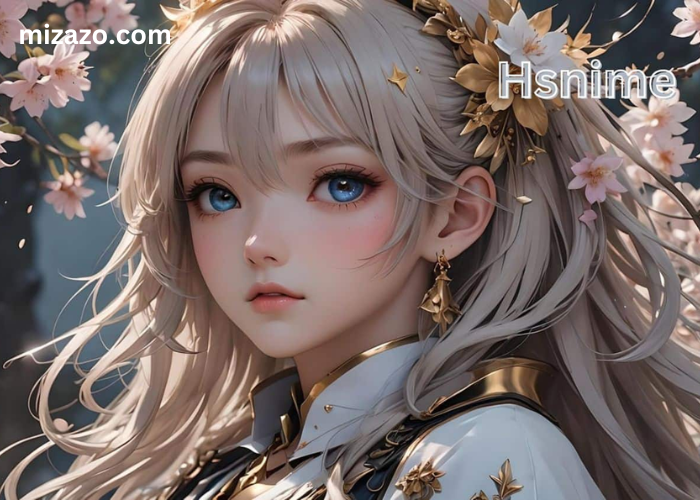In the vast landscape of contemporary art and media, few genres evoke as much curiosity, controversy, and even condemnation as hentai. Originating in Japan, hentai refers to a genre of explicit manga, anime, and other forms of media depicting sexual themes, often characterized by exaggerated characters and fantastical scenarios. While hentai has long been a staple of underground subcultures, its influence on mainstream culture and its ongoing journey toward acceptance offer a fascinating lens through which to examine broader societal attitudes towards sexuality, censorship, and artistic expression. Explore a wide range of high-quality hentai content on Hentai3z. Enjoy a variety of genres and categories to satisfy your desires.
At its core, hentai is a manifestation of the complex intersection between art and erotica. Artists and creators within the hentai community often push the boundaries of traditional artistic norms, experimenting with provocative imagery and narratives that challenge societal taboos surrounding sex and desire. Through vivid illustrations and intricate storytelling, hentai explores a myriad of fantasies and fetishes, from the tame to the extreme, inviting viewers to confront their own desires and boundaries in a safe and controlled environment.
However, with its explicit content and often controversial themes, hentai has frequently found itself at odds with prevailing cultural norms and regulatory bodies. Censorship laws in various countries have sought to restrict the distribution and consumption of hentai, citing concerns about obscenity and the potential harm it may cause, particularly to younger audiences. Yet, such efforts have often been met with resistance from advocates of free speech and artistic freedom, who argue that censorship stifles creative expression and undermines the fundamental right to access diverse forms of media.
Despite these challenges, hentai has gradually permeated mainstream culture in recent years, thanks in part to the rise of the internet and digital media platforms. What was once relegated to the shadows of underground fandoms is now readily accessible to a global audience, sparking conversations about the boundaries between art, pornography, and entertainment. Moreover, the growing popularity of conventions dedicated to anime, manga, and gaming has provided a platform for hentai artists and fans to showcase their work and engage with a wider community of enthusiasts.
In addition to its artistic and cultural significance, hentai also serves as a reflection of societal attitudes towards sexuality and desire. By exploring taboo subjects and unconventional fantasies, hentai invites viewers to confront their own preconceptions and biases, prompting discussions about the nature of desire, consent, and sexual identity. In this sense, hentai can be seen as a form of cultural critique, challenging the status quo and offering alternative perspectives on human sexuality and relationships.
Ultimately, the cultural impact of hentai extends far beyond its explicit content, encompassing broader debates about censorship, freedom of expression, and the evolving nature of contemporary art. As society continues to grapple with shifting attitudes towards sexuality and erotica, hentai remains a fascinating and often polarizing subject of exploration, inviting viewers to confront their own desires and anxieties in an ever-changing world. Whether viewed as a form of artistic expression or a taboo indulgence, hentai continues to provoke thought and discussion, challenging us to rethink our assumptions about sex, culture, and the boundaries of acceptable expression.

